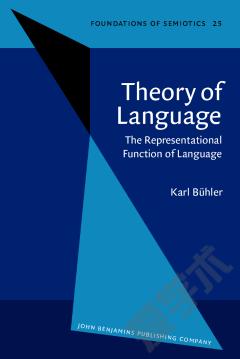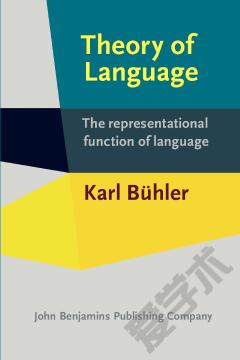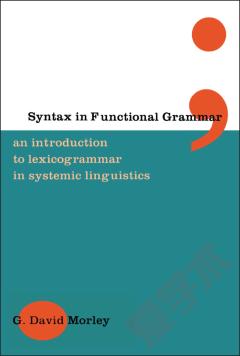A Theory of Syntax for Systemic Functional Linguistics.
This book describes and evaluates alternative approaches within Systemic Functional Linguistics (SFL) to representing the structure of language at the level of form. It assumes no prior knowledge of SFL, and can therefore be read as an introduction to current issues within the theory. It will interest any linguist who takes a functional approach to understanding language. Part 1 summarizes the major developments in the forty years of SFLâs history, including alternative approaches within Hallidayâs own writings and the emergence of the âCardiff Grammarâ as an alternative to the âSydney Grammarâ. It questions the theoretical status of the âmultiple structureâ representations in Hallidayâs influential Introduction to Functional Grammar (1994), demonstrating that Hallidayâs model additionally needs an integrating syntax such as that described in Part 2. Part 2 specifies and discusses the set of âcategoriesâ and ârelationshipsâ that are needed in a theory of syntax for a modern, computer-implementable systemic functional grammar. The theoretical concepts are exemplified at every point, usually from English but occasionally from other languages. The book is both a critique of Hallidayâs current theory of syntax and the presentation of an alternative version of SFL that is equally systemic and equally functional.
{{comment.content}}








 京公网安备 11010802027623号
京公网安备 11010802027623号